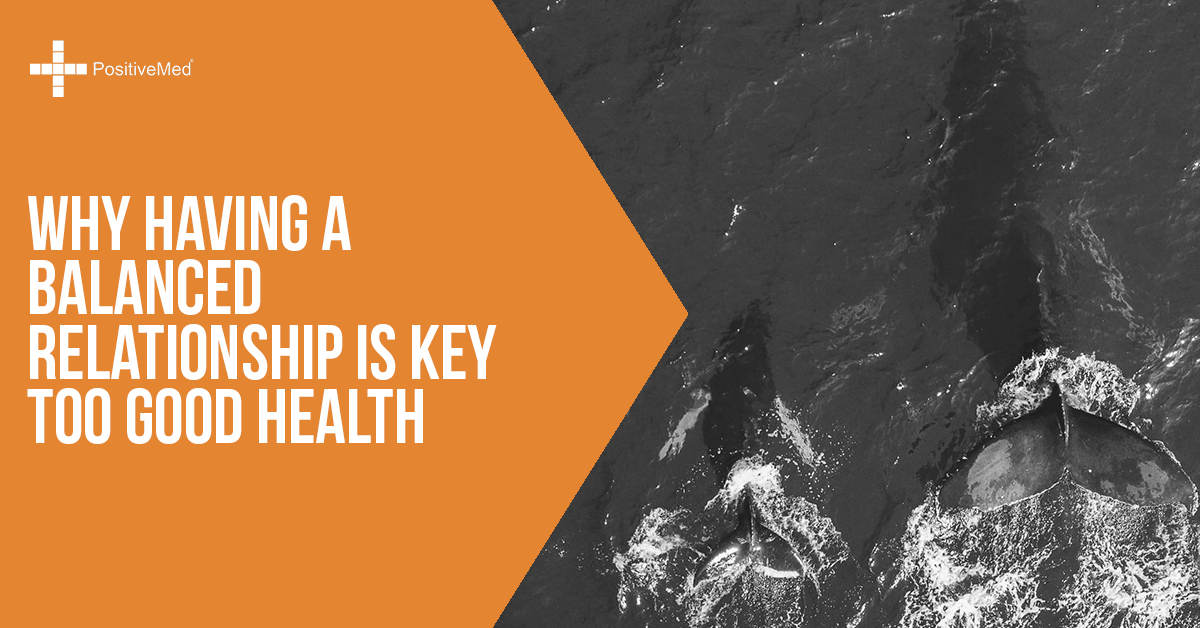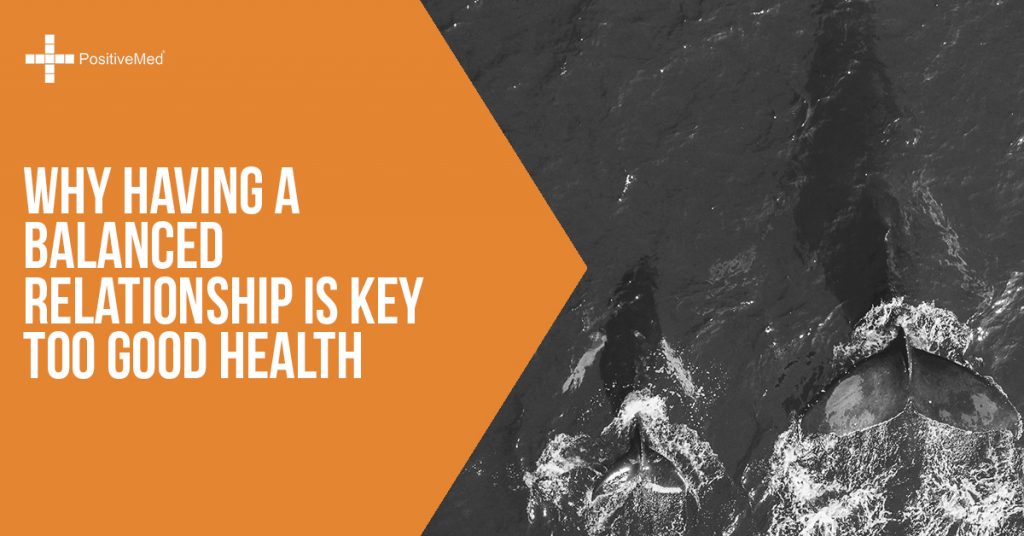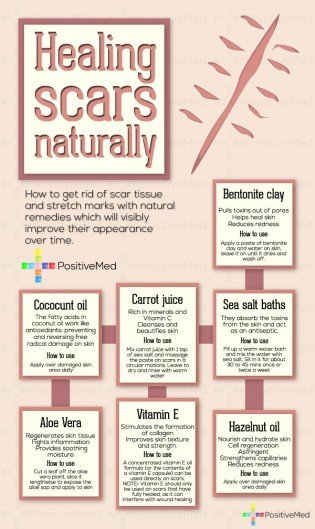Healthy relationships are very helpful and an important part of well being and good health. Research indicates that strong relationships lead to healthy, lengthy, and happy lives. On the other hand, being alone can present various health risks in a person’s life. Shockingly, these health risks are similar to complications related to blood pressure, cigarette smoking, and obesity. Several studies have shown that balanced relationships can benefit your health immensely. A healthy and balanced relationship will help you:

Increase Life Expectancy
Research indicates that people in balanced relationships are less likely to experience premature deaths
. Committing yourself to a balanced relationship can increase your life expectancy.
Relieve Stress
Support from a loving and caring friend or partner can help lessen the effects of stress. A study carried out on over 100 people
found that those who are reminded of people they are in balanced relationships with recovered faster after completing stressful tasks. On the other hand, more stress and high blood pressure were experienced by people who were reminded of stressful relationships.
Being in a balanced relationship can help lower stress levels and enhance good health. The intimacy, attention, and affection offered in a balanced relationship help people to be happy and contented, which leads to enhanced mental health.
Unlike the common misconception, intimacy is only one aspect of a good relationship. Your partner’s behavior can easily make you develop depression. Disagreements over cash, parenting issues, and even simple issues like deciding who does what household chores are known to increase stress levels in unbalanced relationships.
Be HealthierPeople in balanced relationships are more contented with their personal health than those who are lonely and isolated. In addition, partners in a balanced relationship are less susceptible to stress-related and lifestyle diseases. Being in a balanced relationship increases your likelihood of having good health free from diseases and other complications.
Feel RicherA survey by the National Bureau of Economic Research involving more than 5,000 participants showed that being in a balanced relationship has a similar psychological effect as getting a good job or a raise.
RELATED ARTICLE: How Your Relationship Status Can Affect Your Health
Weight gain
Many couples usually “let go” when they start dating and there may be a reason for this. Studies
indicate that people usually gain weight when they get married lose weight and when the marriage comes to an end.
Feel-good hormones
The body produces hormones that can make a person feel happy and contented. These feel-good hormones help to reduce stress and anxiety. According to a study of 38 couples at the University of North Carolina
, both men and women produce the hormone oxytocin, which is believed to improve mood and eliminate stress after people hug. Women also registered lower blood pressure after hugging and reduced levels of the stress hormone cortisol.
Conversely, imbalanced relationships are often associated with various health complications including:
• Depression – imbalanced relationships are often associated with depression. A study of patients with cardiovascular diseases found that patients with poor social links suffered higher levels of fatigue, stress, and pain.
• Reduced Immune Function – There is a direct relation between some immune system problems and imbalanced relationships. Poor or complete lack of social links can increase your chances of becoming sick.
• Higher Blood Pressure – Researchers from the University of Chicago took 5 years to study a group of adults and found that imbalanced relationships could lead to higher blood pressure, even after the end of the relationships. This means that unhealthy relationships may have lifelong consequences.
Characteristics of Healthy and Unhealthy RelationshipsShared long-term goals and mutual happiness are some of the most important ingredients that build balanced relationships. On the other hand, unhealthy relationships are characterized by various forms of manipulations and unequal balance of power. Although it can be quite difficult to break free from an unhealthy relationship, a break is often the best course of action and one that will be beneficial for involved parties.
Aspects of a Healthy Relationship
Whether it is with a spouse or friend, a healthy relationship should be based on shared responsibilities, teamwork, and mutual respect. People in relationships can build their teamwork by working together on establishing consensus or reaching an agreement that both parties are contented with. The wife has to be in a position to understand what men secretly want,
while the husband has to understand the needs of a woman. Usually, teamwork involves discussion, negotiation, and compromise to ensure that all parties enjoy the outcome of a certain endeavor. It is important to note that teamwork should lead to a win-win situation for involved parties.
Conflicts are Natural in RelationshipsVery few relationships are completely devoid of conflict. Even people in relationships are bound to have varying opinions and beliefs on various issues. Therefore, conflict does not necessarily mean a relationship is unhealthy.
One of the factors that determine whether a conflict is healthy is the manner in which both parties in the relationship decide to settle the conflict. Mature and cultured dialogue that ends in a shared agreement is the healthiest way to resolve conflict. People in relationships should give each other space after confrontations. However, the silent treatment and withholding affection is manipulation and it should be avoided.
READ ALSO: How Does the Role of the Family Affect Physical Health?
One of the most common problems that many couples encounter when in conflict is digging up past arguments. Successful conflict resolution involves understanding and forgiving each other. Once both parties have agreed to move on from the past, the issue should not be revisited.
Trusting Gut InstinctsIt may be hard for a person in a relationship to admit that they are in a damaging relationship. Many people often know when they are in damaging or unhealthy relationships but are unwilling to admit it to themselves or others. There are many solutions for dealing with unbalanced relationships, especially if parties acknowledge their mistakes and are willing to work on them.
However, in some cases such as in the case of domestic abuse, the only recourse could be a divorce or breakup. If you are in a relationship that puts you or your children at risk, its best to trust your gut and end it instead of risking personal injury. An important factor in any relationship is learning to know when you are not considered a valuable part of the relationship.








